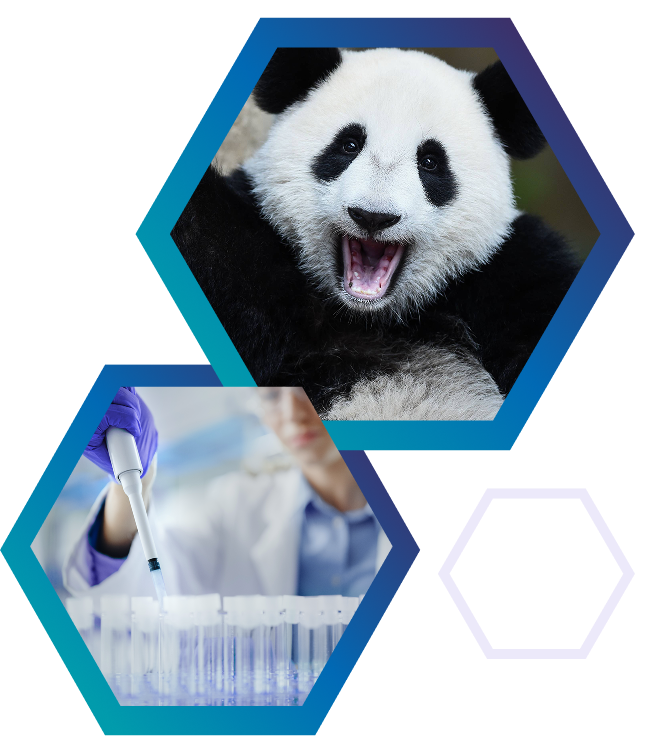
What Is Sample Validation and Why It Matters for Your Research
Sample validation is a critical requirement in immunoassay research when working with new or non-standard sample types. Researchers must validate their specific sample type to ensure accurate, reliable results from ELISA and other immunoassays, particularly when standard validation data is unavailable for their chosen sample matrix.
What Is Sample Validation?
Sample validation is the systematic process of confirming that a specific sample type produces accurate, reliable results when used in a given assay. This critical step in the overall assay validation ensures that non-standard or non-validated sample types can be quantified effectively in assay kits.
Validation of sample suitability determines whether the analyte of interest can be accurately measured without bias or matrix effects. The process confirms that the sample type does not interfere with assay performance and provides foundational reference measurements for trustworthy experimental data.
Using Non-Validated Sample Types
Researchers can use novel sample types, but proper validation testing is required. When a kit lacks documented validation for your sample type, you must ensure that you are able to:
- Dilute the sample to reduce matrix interference (like diluting a concentrated solution until it’s workable) and verify a linear relationship between input and output measurements
- Confirm the analyte falls within the standard curve range of the kit
- Extract and recover sufficient analyte for sensitivity and specificity
If the recovered analyte can be consistently measured within the kit’s range, the sample type is considered workable for your research applications.
Arbor Assays has validated over 38 different sample types across their assay kits, including specialized tissues like baleen, spines, whiskers, and scales. This extensive sample validation supports diverse research in wildlife, veterinary, and environmental studies.
How to Perform Sample Validation
To perform sample validation for a new sample type, researchers should conduct three key tests:
1. Spike-and-Recovery Testing: Add a known amount of analyte to your sample and confirm accurate detection. This test is like adding a known quantity of sugar to coffee and confirming you can taste the difference – it validates that the assay can measure the analyte effectively in your specific sample type.
2. Dilution Linearity: Test serial dilutions to confirm results fall within the expected range. Measured concentrations should scale proportionally across different dilution factors.
3. Parallelism Testing: Compare your sample response curve with the kit standard curve. Parallel curves indicate that your sample type behaves similarly to validated standards. Think of it as confirming your sample follows the same rules as the kit’s reference materials.
These assay validation tests demonstrate whether your sample type produces reliable, reproducible results comparable to validated standards.
Why Sample Validation Matters
Without proper sample validation, results from non-standard sample types can be compromised by:
- Poor analyte recovery leading to falsely low readings
- Cross-reactivity from interfering molecules causing elevated results
- Matrix interference affecting detection accuracy
Doing this ensures data reliability and reproducibility, which is essential for clinical studies, regulatory submissions, and publication-quality research.
The Impact of Proper Assay Validation
Sample validation is particularly important for researchers working toward publication or regulatory approval. Reviewers and regulatory bodies require documented evidence that sample types have been properly validated for the chosen assay.
Proper sample validation also prevents wasted time and resources. Investing in validation upfront ensures months of experimental work produces meaningful, trustworthy data rather than results that may be questioned or rejected.
Support for Sample Validation
Leading assay companies support researchers by regularly validating new sample types and reviewing published studies where validation has been demonstrated. This collaborative approach provides researchers with precedent, guidance, and technical support for designing effective validation experiments.
We’re Here to Help!
Sample validation is fundamental to reliable immunoassay research. Whether measuring biomarkers in clinical samples, environmental specimens, or wildlife studies, proper validation ensures your data is accurate, reproducible, and scientifically sound. The validation process may require additional upfront work, but it provides the confidence needed for successful research outcomes and publication-quality results.
For researchers facing these challenges, Arbor Assays offers comprehensive support and expertise. Connect with our team to answer any sample or species questions, explore our wide variety of validated kits, and check out our publication database, which can be filtered by species, product, and sample type to find relevant validation examples for your research needs.
Featured Products
-
In Stock
Cortisol ELISA Kit
$338.00 – $1,354.00The DetectX® Cortisol ELISA Kits quantitatively measure cortisol present in a variety of samples.
-
In Stock
Corticosterone Multi-Format ELISA Kit
$366.00 – $1,462.00The DetectX® Corticosterone Multi-Format ELISA Kits quantitatively measures corticosterone present in a variety of samples.


